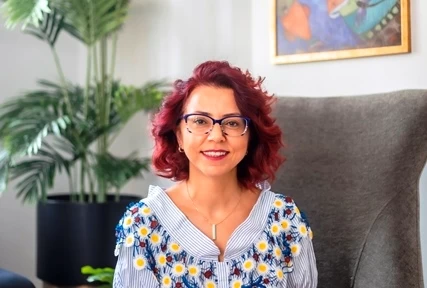
My Child Leaves the Table Hungry
- My Child Leaves the Table Hungry
All parents want their children to become independent individuals who can make their own decisions. However, parents can unintentionally undermine their child's self-esteem with certain behaviors and phrases.
If a mother thinks her child hasn't eaten enough and says, "You're leaving the table hungry," but the child says, "I'm full," if the mother makes decisions about the child, claims authority over the child's body in a matter like this, and tries to force-feed the child or insists on one more spoonful, it is unfair to the child. The hidden message here to the child is: You can't make decisions about hunger and fullness; we know better for you.

A similar situation is when a child says they are not cold, but the parents insist on putting a sweater on them. In this case, the message is, "You can be wrong about feeling cold or warm; we know better." These examples can be multiplied many times over. A child who repeatedly encounters the same sentences begins to have doubts about their own decisions and constantly expects external commands. A child who has grown accustomed to their parents making decisions for them when they are young will continue to allow others to make decisions about them as they grow older. This is not a situation any parent would want.
For all these reasons, with seemingly innocent phrases like "My child leaves the table hungry" and "No, you haven't eaten enough, you'll eat a little more," we should stop making decisions about our children and allow them to express themselves, and we should allow them to take responsibility for the decisions they make in this way. When you think your child has made a wrong decision, observing them and giving them the opportunity to see what they have learned from it will support them in facing their mistakes and developing problem-solving skills. Children who grow up this way will be more confident and responsible individuals in making their own decisions.






